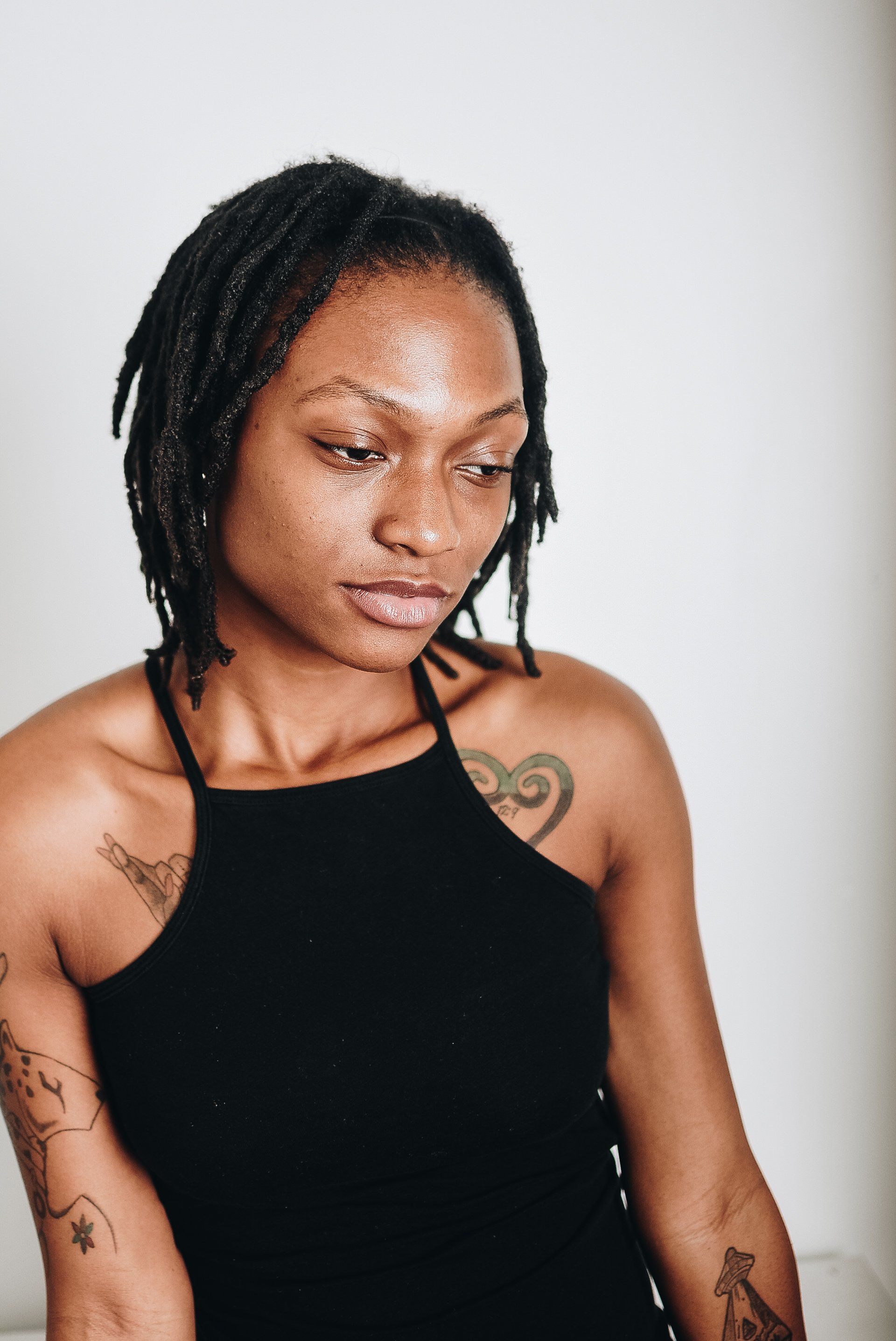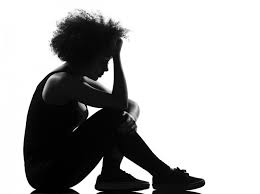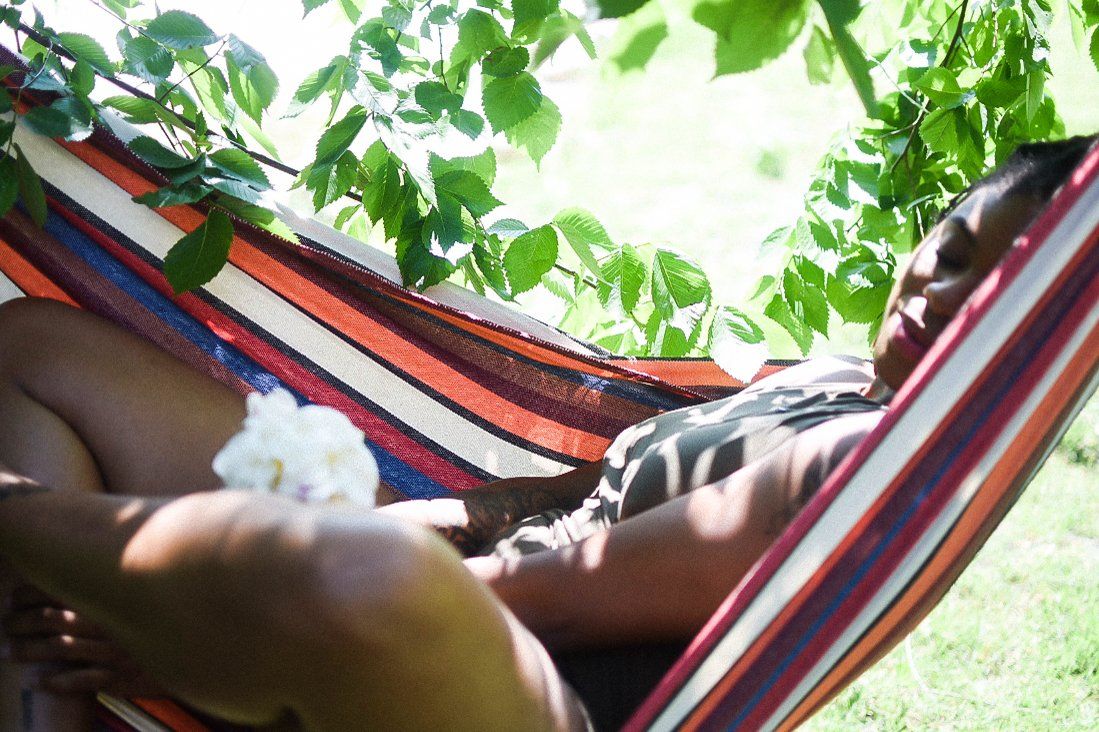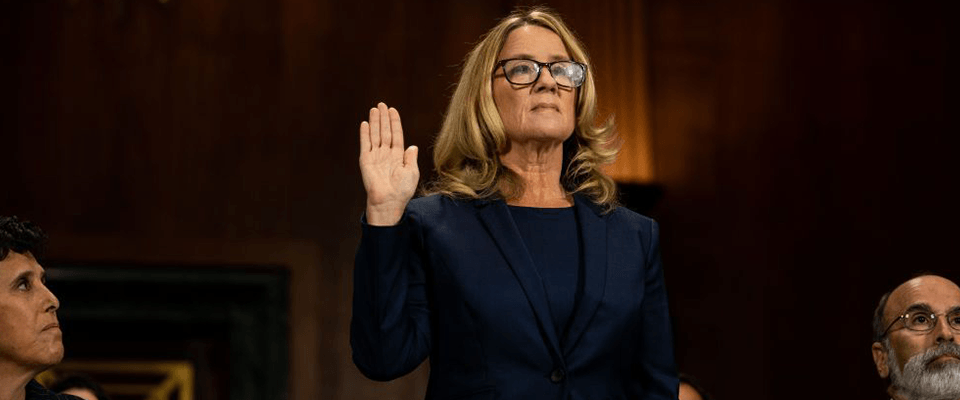



A few years ago, a sister-friend was visiting me when, with great anxiety, she pulled off her hat, showing me how her hair had fallen out of the top of her head. I looked and asked, “What?”, to which she replied, “My hair is falling out!” I replied, “Okay, it’s just hair.” She smiled and was seemingly relieved at the fact that it was no big deal.
Later, she again shared that she was losing more of her hair, and how concerned she was at the prospect of having to wear a wig, weave, or hair extensions because she doesn’t feel comfortable in them, and with her fixed income, was concerned about spending too much money to try. Even though she didn’t want to wear those hair products, she feared what people would say and how they would react if she had no hair.
Understanding her anxiety around what was happening, I asked: “Why don’t you just cut it all off and keep it pushing? Again, it’s just hair.”
I added that she cut it all off, I’d cut mine, too, and we would be “bald beauties” together. She called later to thank me and to say that while she appreciated the support, I didn’t need to cut my hair off as a show of solidarity.
A few days after that, though, I was sitting with her when once again, with even more anxiety than before, she pulled off her scarf to reveal almost no hair, reminiscent of the TV character George Jefferson of the hit 70s sitcom, “The Jeffersons”.
Then, she pulled out one of the most hideous wigs I’d seen, and all I could do was laugh my ass off. (I know, I know – I was a bad sister-friend). While the wig was horrid and looked horrible on her, the ‘George Jefferson’ hairdo was pretty bad too. I asked her again if she thought it might be better just to take it all off.
This time, she agreed.
I don’t know if she asked me or if I volunteered, but minutes later – with all the love I had inside of me – I was cutting off what little hair she had and shaving her bald.
I wanted her to know that I loved her and thought she was beautiful, and that she was so much more than her hair.
She spent the next few days testing the waters and prepping her village for her new look. When I checked out her Facebook feed, I saw her in all her glory, bald, bold, and beautiful.
Her timing was in divine order, because shortly after I saw her sharing her fresh look with the world, I saw a trailer for the new film, “Nappily Ever After”, starring famed actress Sanaa Lathan, then read as another star, Jada Pinkett-Smith, shared her own hair loss story.
I am so proud of my friend for showing herself to the world as she is, because I know what hair means to us as women and especially as African American women.
Her hair drama got me thinking about the impact that our hair has on us as African American women, and how it impacts our behavior.
My entire life (and I bet yours too), I heard so many “hair-raising” negative statements (what I call “isms”) about naturally coarse, kinky, curly African American hair. These quips, comments, and admonishments, from “natural hair isn’t professional” and “natural hair is just too hard to take care of” to “my man doesn’t like it when I wear my hair natural” and “I want to work out, I just don’t want to mess up my hair”, are all outgrowths of our collective cultural beliefs about our hair, which ultimately shapes our individual behavior around hair.
Historically, African Americans have been taught that if our hair was straight or loosely we had “good hair”, meaning, we were closer to the white standard of beauty. If our hair was coarse or tightly curled, (“nappy” or “kinky”), though, we were further away from the white ideal, and thus, ugly.
We were taught that to be professional, to be presentable, to be pretty, we had to make sure every hair was neatly in place and conforming to the white standard, whether by the hot comb, relaxer, curling iron or flat iron. If we didn’t, we risked being seen as undesirable, unprofessional, and unpresentable.
It’s the messages that are embedded deep into our belief system often operating unconsciously and driving our behavior.
What “isms” do you remember from your childhood, from family, friends, mentors, intimate partners? How do they tie into what you believe about your hair today?
Were you taught that you had “good hair” if you had a loose curl pattern, and were “nappy-headed” if you didn’t? Were you taught that your hair is your “crown and glory” and was what made you beautiful? Or, were you taught it does not matter what’s on your head but what’s in your head that is important?
Now ask yourself: How do those messages about my hair show up in my daily routine and behavior today? Do those messages show up in my workplace? With family and friends? How do they influence what I say to my child(ren) about their hair?
SIDEBAR
If your behavior around your hair feels like it may be limiting you, negatively impacting your self-esteem or keeping you from being your authentic self, I recommend this walking through these steps:
1. Analyze your self-talk about hair: is it negative, does it keep you from being who you want to be or doing the things you want?
2. Think back to the early hair messages you received when you were young: how did they shape what you believe about you and hair?
3. Ask yourself: how might changing my self-talk around my hair create different opportunities, or improve my self-esteem?
Peace, love, and health,
Denise the Psychotherapist



